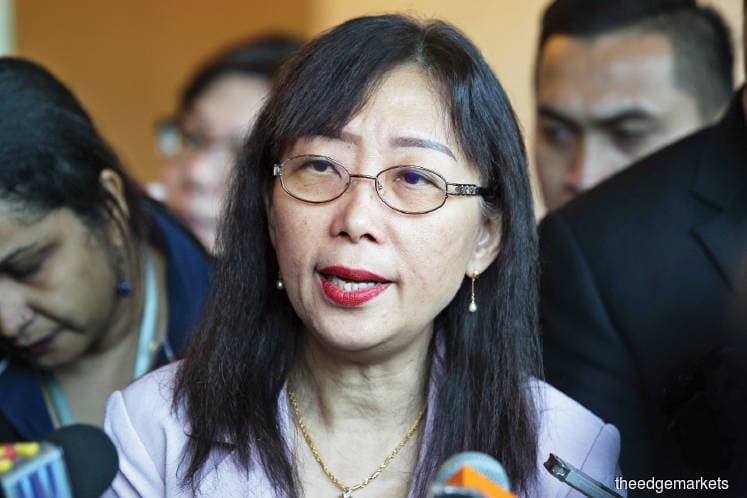
This article first appeared in The Edge Financial Daily on November 27, 2018
KUALA LUMPUR: Malaysia plans to start phasing in the B10 biodiesel programme starting next month to help boost consumption, reduce high domestic stock levels, and support crude palm oil (CPO) prices that have now fallen to near three-year lows.
However, experts have doubts that the programme will lend much support to CPO prices.
According to Reuters, palm oil futures suffered their biggest fall in more than 21 months in late trading yesterday after Indonesia, the world’s top palm oil producer, announced measures to increase shipments.
The benchmark three-month CPO futures contract was down 3.9% at RM1,965 a tonne — its biggest one-day dip since Feb 16 last year.
An analyst has cautioned that the implementation of the B10 biodiesel programme could be stalled given the current trend of diesel prices, as well as the absence of a proper penalty mechanism.
“Currently, the price gap between CPO and gas oil has narrowed to US$10 (RM41.90) per barrel, or some RM300 per tonne.
“Should gas oil prices fall by another US$10 per barrel, it would no longer be financially feasible to produce — which may result in the government having to subsidise the industry once again. This could result in the stalling of the implementation of the mandate,” wrote Hoe Lee Leng, regional head of plantations at RHB Research Institute Sdn Bhd, in a note yesterday.
Another important thing to watch out for, according to Hoe, is the lack of a penalty mechanism in place for those from the industrial segment who do not follow through with the mandate.
“It is not known [at this point] if the government will allow two different pumps at the petrol stations to allow consumers to choose between B7 and B10, given that some car manufacturers will still have issues with crossing the 7.5% mark for biodiesel.
“Recall [that] auto manufacturers [have] previously rallied against the implementation of B10, as some car warranties do not allow the biodiesel component to cross 7.5%, which would void the warranties,” she pointed out.
Last week, Primary Industries Minister Teresa Kok announced that the higher biodiesel mandate will be phased in beginning on Saturday, before it comes into full force in February 2019. A B7 programme for the industrial sector will be implemented from July next year.
Kok said in a radio interview with national news agency Bernama that the mandate could help double the use of palm oil locally, as the B10 programme requires local producers to increase the minimum bio-content to be used in transport to 10%, from 7% currently.
The move, said to help boost demand for palm oil as a feedstock, could also provide support to bleak palm oil prices impacted by high levels of inventory and production as well as sluggish demand.
However, owner and co-founder of Singapore-based Palm Oil Analytics Sathia Varqa told The Edge Financial Daily that Malaysia is “not only late, but is missing the window of opportunity since April when CPO started to become cheaper than gas oil”.
He observed that the blending percentage would neither show much of a significance in helping reduce the high domestic stockpile, nor lift CPO prices.
Sharing similar sentiments, Hoe of RHB said the impact of additional usage of 400,000 tonnes to 500,000 tonnes of CPO is “not very significant” in light of Malaysia’s stock levels of 2.72 million tonnes.
The domestic biodiesel consumption can be boosted to some 1.1 million tonnes to 1.2 million tonnes, from 720,000 tonnes currently, assuming the B7 mandate for the industrial sector is fully taken up and implemented efficiently, the analyst guided.
“Nevertheless, it does make a difference globally — especially when combined with the anticipated higher consumption from Indonesia’s increased biodiesel mandates. We highlight that the additional 400,000 tonnes to 500,000 tonnes of usage may also not be seen entirely in 2019 — given that implementation is in stages,” she explained.
Meanwhile, Affin Hwang analyst Nadia Aquidah said the increase in consumption of palm oil products in excess of production should help lower the high inventory level at the time being.
“This could potentially help increase CPO prices. My assumption at the moment is for CPO price to average at RM2,250/MT in 2018 and RM2,400/MT in 2019,” said Nadia when contacted.